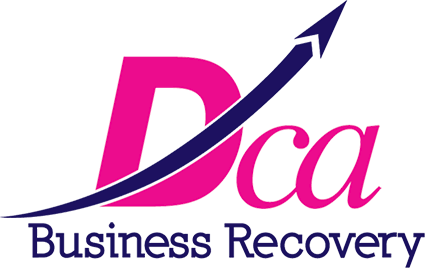Converting a solvent liquidation to an insolvent liquidation
With every best laid plan, there sometimes comes a time when the unusual or unexpected happens and the goal post has to be moved, and this is the same in insolvency. The company may seem solvent at a certain time and the director signs and swears the legal Declaration of Solvency stating that in their opinion the company is solvent and will be able to pay all of the company creditors in full within 12 months.
Most times, there are no problems and the company is placed into solvent liquidation and the liquidator can realise the company assets and distribute the monies to the shareholders so that the shareholders can take advantage of playing less tax and claim Business Asset Disposal Relief, previously known as Entrepreneurs Relief.
Sometimes, an unforeseen creditor can make a claim for monies that were previously in dispute, a long term warranty or guarantee, or the director thought that the creditor had been dealt with. There are various reasons why a solvent liquidation can become insolvent as the company does not have enough assets to pay the creditors and this is when the Insolvency Practitioner acting as Liquidator, has a duty to convert the solvent liquidation into an insolvent liquidation. There are strict timescales for the liquidator to deliver to creditors a Statement of Affairs listing the assets and liabilities of the company and to also notify creditors of a decision procedure with regards to the conversion of the liquidated company. The liquidator will have to decide if they can take the insolvent liquidation appointment and they will need to identify any ethical reasons why they should not act in both the solvent and insolvent liquidation and this should be clearly recorded.
The director will need to be advised that as liquidator you have a duty to convert the solvent liquidation in to an insolvent liquidation and the consequences for the director as the director has sworn a legal document that the company was solvent. In a solvent liquidation, the liquidator does not have to submit a conduct report on the directors conduct, but a conduct report will need to be made when the company converts to an insolvent liquidation and this could lead to disqualification proceedings being taken against one or all of the directors.
Not only will the directors face the possibility of disqualification proceedings, but they could also face a fine and, or an imprisonment, as they swore a legal document which now transpires to be incorrect. The liquidator will also look into if there have been any preferences or any transactions at undervalue and if the shareholders received any distribution in the solvent liquidation, then these monies will have to be repaid to the liquidator.
In essence, all transactions will be looked at and the insolvent liquidator will have to report their findings to all creditors and the liquidator will look to achieve maximum asset realisation for all creditors.
The director’s actions will be investigated and scrutinised, and the liquidator will look into the reason why the Declaration of Solvency was sworn at the start of liquidation and why new creditors have only now come to light.
The costs of liquidation will increase and the whole process will take longer and it may result in disqualification, a fine or imprisonment for the directors, so legal advice should be taken.
This can be a very stressful time for the directors and they should take legal advice if they face themselves in this position, as the liquidator will be unable to give legal advice due to any conflict that could arise.
That being said, it is quite unusual for a solvent liquidation to be converted into an insolvent liquidation and at DCA we deal with a lot of solvent liquidations where the shareholders can take advantage of paying less tax and the company is closed down in a professional and orderly manner.
Care should be taken when considering the best action to take when a company is financially struggling. DCA operate a dedicated ICPA freephone number for all ICPA members and we are also able to hold meetings virtually, which will increase the scope for assisting ICPA members far and wide and DCA can be contacted on 0800 066 2540 7 days a week, from 8am – 8pm.

